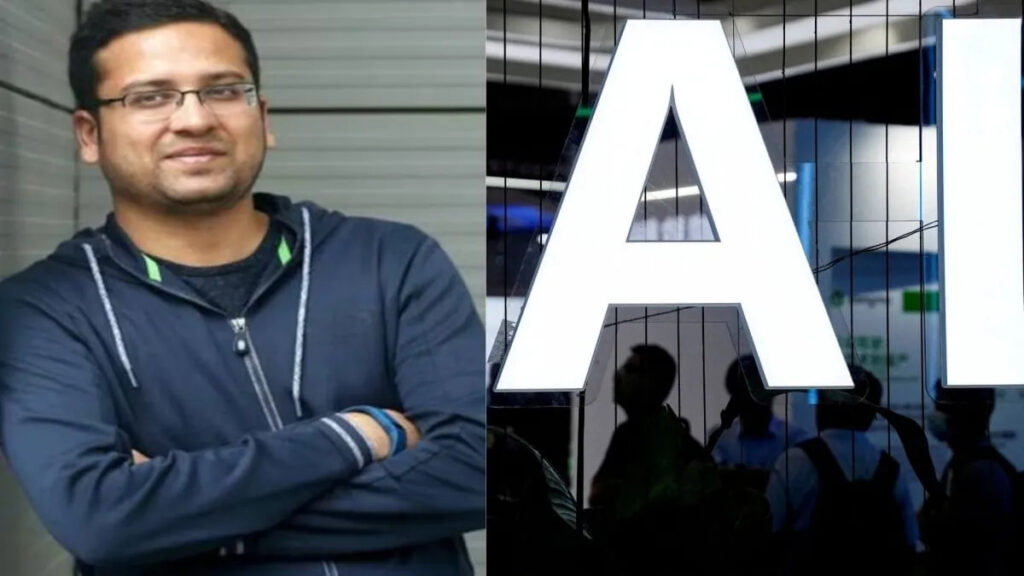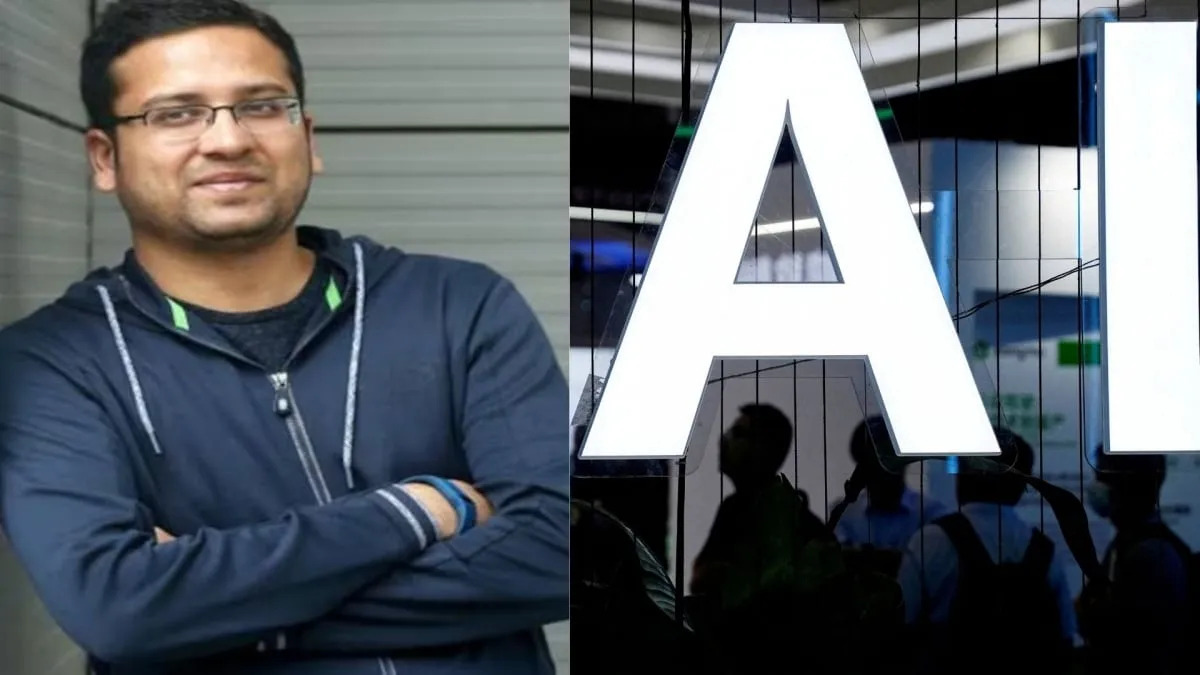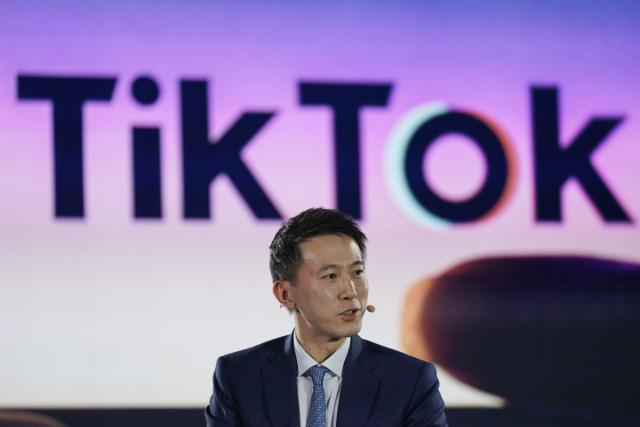SoftBank’s Vision Fund Reports Another Loss of $1.7 Billion
SoftBank Group Corp.’s Vision Fund faced a setback as it reported a loss of $1.7 billion, attributing the decline to lower valuations at WeWork Inc. and other portfolio companies. The Vision Fund segment saw a loss of $1.7 billion through September, marking continued challenges for Masayoshi Son’s ambitious investment strategy.
SoftBank's Struggle Amidst Valuation Drops
The Vision Fund’s losses were exacerbated by declines in the value of holdings, including SenseTime Group Inc., AutoStore Holdings Ltd., and Symbotic. WeWork, a notable investment, contributed to the red ink, with cumulative losses of $14.2 billion through September, a figure that may rise further due to WeWork’s recent bankruptcy filing.

Image Source: bloomberg.com
The ongoing losses raise questions about SoftBank’s assertion that the worst is behind the Vision Fund, which injected over $140 billion into numerous money-losing startups globally. Analysts express skepticism, noting the lack of visibility into the majority of the Vision Fund’s unlisted portfolio companies.
SoftBank Group, as a whole, reported a net loss of ¥931.1 billion, in stark contrast to the ¥3 trillion profit the previous year. The company is grappling with the aftermath of the Vision Fund’s $53 billion losses in the last two years. Despite challenges, Chief Financial Officer Yoshimitsu Goto emphasized positive aspects, highlighting the increased value of Arm and assets worth over $29 billion in SoftBank’s portfolio.
Goto indicated that SoftBank is in an investment phase, with a focus on autonomy in transportation and logistics. The company invested $1.5 billion in the September quarter and $1.8 billion the quarter before. Founder Masayoshi Son’s recent bets on autonomous technologies include investments in autonomous trucking startup Stack AV and an AI-driven warehousing joint venture with Symbotic Inc.
Concerns and Future Prospects
Analysts remain cautious, citing disappointing investment returns and management’s reluctance to repurchase shares. SoftBank’s strategic shift towards direct investments, bypassing the Vision Fund, adds complexity to its future endeavors. The company faces challenges in a landscape shaped by China’s tech crackdown and global economic uncertainties.
SoftBank, despite the setbacks, expressed optimism about its investment in AI-related firms. The company sees potential value in assets like TikTok parent ByteDance Ltd., Fanatics Inc., and PayPay Corp. Goto highlighted the Vision Fund’s positive returns in the latest quarter, although analysts remain skeptical, questioning the absence of share buybacks.
In conclusion, SoftBank navigates a complex terrain, balancing losses from past investments with a renewed focus on emerging technologies and direct investment strategies. The company’s ability to rebound and deliver shareholder value remains uncertain amidst evolving market dynamics.

I am a law graduate from NLU Lucknow. I have a flair for creative writing and hence in my free time work as a freelance content writer.









